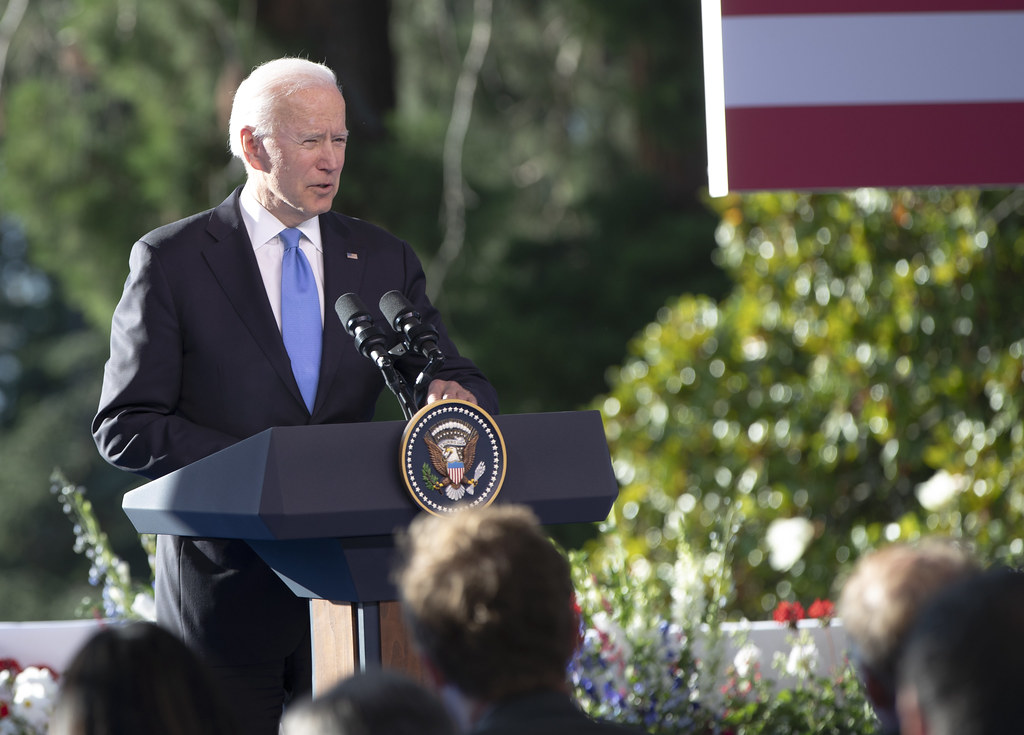

Summarizing Global Warming–Update
Some people thought Pope Francis was going to pull an Al Gore last week and denounce global warming. A number of climatologists did go to the Vatican and the Holy Father did speak in general terms about the subject humanity’s responsibility for nature. But maybe he had second thoughts after reading an open letter from a number of Catholic scholars on the topic of warming who think the issue is either over-stated or mis-stated. Sometime this summer he may have more to say on the topic, but it is hard to see how he might leap into a subject where, let us say, expressing climate alarm would win him praise mainly from people who disagree with him on everything else. Read More ›
From the Folks Who Brought You Camels and Lucky Strike: “Consensus”
Spend some time with old Time Magazines or Look circa 1950 and you’ll find ad after ad touting the doctors who smoke Camels or Lucky Strike. The PR agencies surveyed the doctors, sometimes counting hundreds of thousands of them, then advised readers that such and such brand was “not irritating on the throat”, was “soothing” and other euphemisms for scientific approval of what turned out to be a deadly product. Most doctors smoked in those days. There was a kind of consensus that smoking was okay, especially if you bought a particular brand, one with filters, perhaps. That the incidence of lung and throat cancer was rocketing up didn’t register fully on medical practitioners for a long while. The connection Read More ›
Catholics Honor Discovery Fellow Wesley J. Smith
The Cardinal John J. O’Connor award of Legatus, the national organization of lay Catholics, was given in Naples, Florida, on Saturday to Wesley J. Smith, Senior Fellow of Discovery Institute, for his tireless advocacy of “human exceptionalism” in bio-ethics, medical practice, and culture. I was honored to accompany him on behalf of Discovery Institute. The convention was attended by some seven hundred delegates.
Tired of Living? Donate Your Organs
The Dutch are about to adopt a binding law to allow–no, encourage–the harvesting of organs of people who are euthanized. (They are way past mere “assisted suicide” in the Netherlands.) There are a number of supposed protections in the proposed policy to keep people from being pressured to die in order to donate their organs, but those protections are the sort that have a way of evaporating in practice. That is especially true once the elderly, sick and/or depressed understand–or are made to understand–that their seemingly unsatisfactory lives can be redeemed by premature death.
And, in some cases, the decision can be made for them. Read More ›
Partisan Jibes on Ebola
There apparently is an attempt to blame Republicans and “budget cuts” for the lack of preparation of the Center for Disease Control to prepare adequately for the Ebola challenge. An ad makes that claim before the mid-term elections. Read More ›
Ebola Coverage Only Slowwwwly Improves
An article in the weekend Wall Street Journal by Scott Gottlieb and Tevi Troy provides sophisticated, knowledgeable advice on what the government should be doing about Ebola. However, the question I raised in a post on Friday (see below) has still not been addressed: where is the new coverage emphasis on finding and promulgating treatments and cures (as well as vaccines)?
Yes, there has been some modest coverage, as in the New York Times story today, in the very last paragraph of a story mostly about medical supplies getting held up in Sierra Leone, Adam Nossitger mentions Rick Sacra, an American aid worker who was successfully treated and released in September after isolation in a Nebraska Medical Center unit: “Sacra received an experimental Tekmira Pharmaceutical drug called TKM-Ebola, as well as two blood transfusions from another American aid worker who recovered from Ebola at an Atlanta hospital.”
So here we have two pregnant news items, badly neglected: 1) an experimental drug has been used and worked, and 2)blood transfusions from patients who have been cured also have been used, apparently with good results. Read More ›
